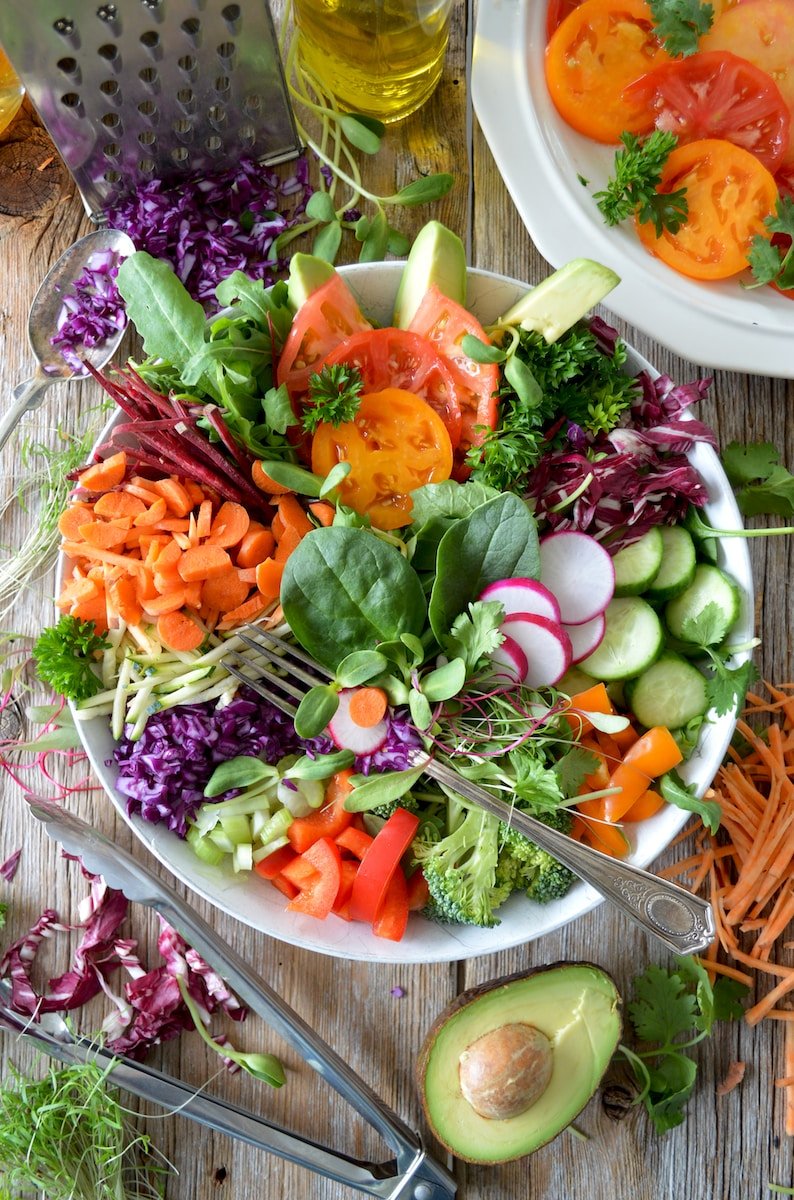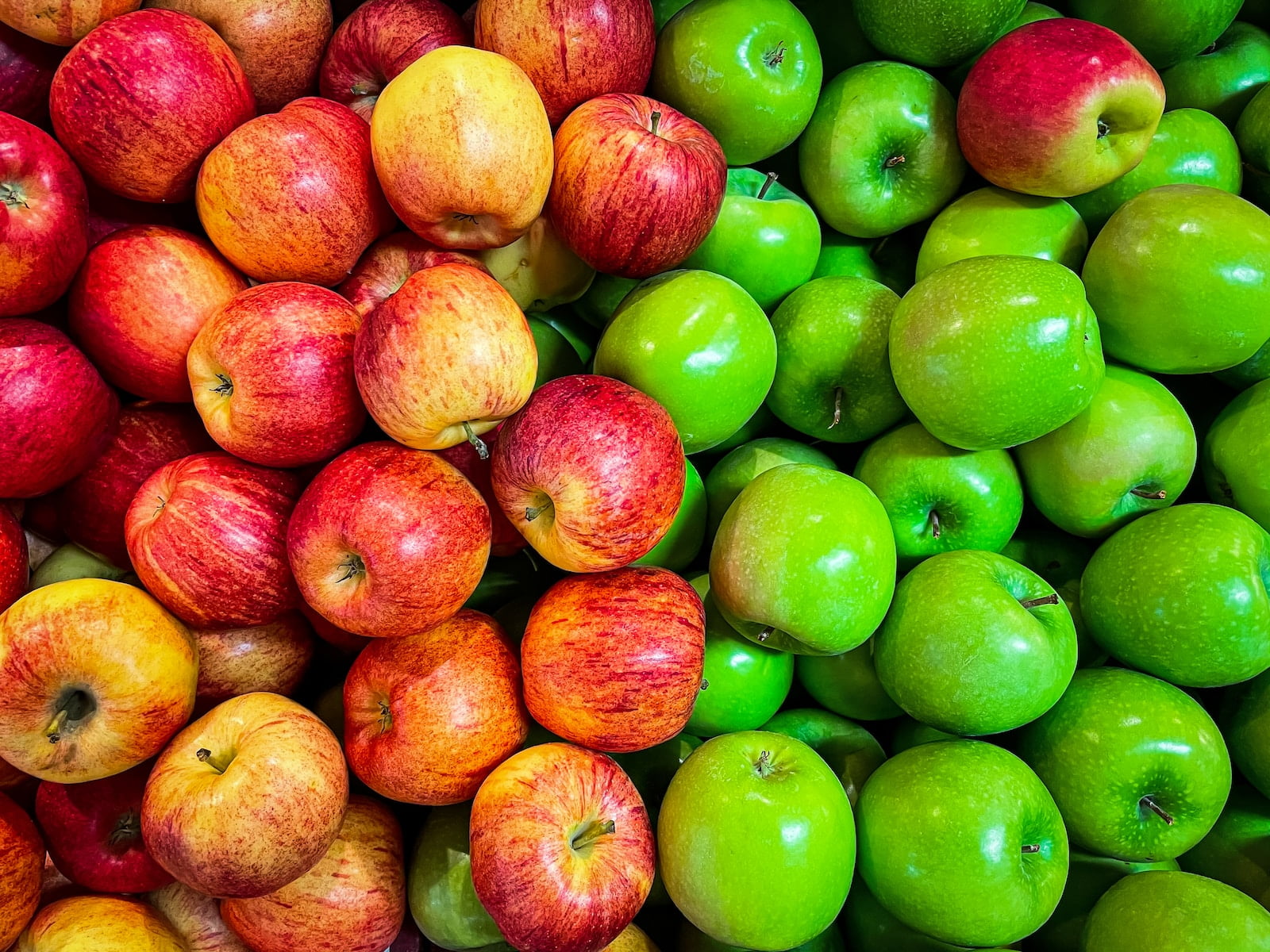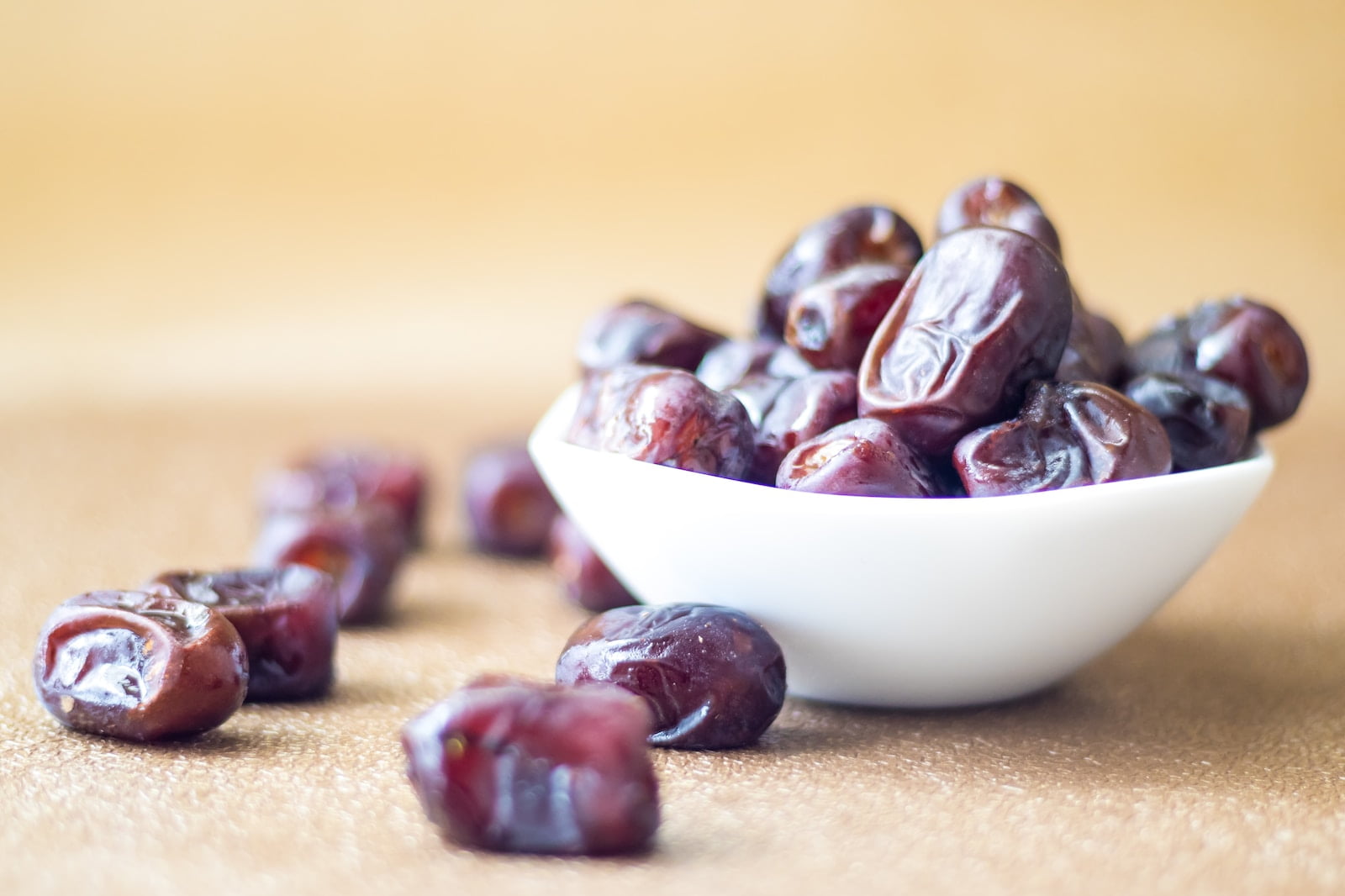It is crucial to clarify that none of the content shared through any of our platforms — including our website, YouTube channel, social media, or any other place where we might share information — is intended to be, nor should it be considered as, health advice.
Once you reach 50, your insulin sensitivity takes a hit, making it more important than ever that you watch what you eat to prevent those unneeded and potentially dangerous sugar spikes. We put together 14 superfoods that keep your diabetes at bay.
- Leafy green vegetables: Leafy green vegetables, such as spinach, kale, and broccoli, are low in calories and high in fiber, which can help to regulate blood sugar levels. They are also rich in antioxidants, which can help to reduce the risk of complications associated with diabetes.
- Non-starchy vegetables: Non-starchy vegetables, such as tomatoes, bell peppers, and cucumbers, are low in calories and high in fiber, which can help to regulate blood sugar levels. They are also rich in nutrients, such as vitamins, minerals, and antioxidants, which can help to support overall health.
- Berries: Berries, such as strawberries, blueberries, and raspberries, are low in calories and high in fiber, which can help to regulate blood sugar levels. They are also rich in antioxidants, which can help to reduce the risk of complications associated with diabetes.
- Whole grains: Whole grains, such as quinoa, oats, and brown rice, are high in fiber and provide a slow, steady source of energy, which can help to regulate blood sugar levels. They are also rich in nutrients, such as vitamins, minerals, and antioxidants, which can help to support overall health.
- Legumes: Legumes, such as beans, lentils, and chickpeas, are high in fiber and protein, which can help to regulate blood sugar levels and promote fullness. They are also rich in nutrients, such as vitamins, minerals, and antioxidants.
- Nuts and seeds: Nuts and seeds, such as almonds, chia seeds, and pumpkin seeds, are high in fiber, protein, and healthy fats, which can help to regulate blood sugar levels and promote fullness. They are also rich in nutrients, such as vitamins, minerals, and antioxidants.
- Fish: Fish, such as salmon, tuna, and sardines, are high in protein and omega-3 fatty acids, which can help to regulate blood sugar levels and reduce the risk of complications associated with diabetes. They are also rich in nutrients, such as vitamins, minerals, and antioxidants.
- Poultry: Poultry, such as chicken and turkey, are high in protein and low in fat, which can help to regulate blood sugar levels and promote fullness. They are also rich in nutrients, such as vitamins, minerals, and antioxidants.
- Eggs: Eggs are high in protein and low in calories, which can help to regulate blood sugar levels and promote fullness. They are also rich in nutrients, such as vitamins, minerals, and antioxidants.
- Non-fat or low-fat dairy products: Non-fat or low-fat dairy products, such as milk, yogurt, and cheese, are high in protein and low in fat, which can help to regulate blood sugar levels and promote fullness. They are also rich in nutrients, such as vitamins, minerals, and antioxidants.
- Healthy fats: Healthy fats, such as olive oil, avocado, and nuts, can help to regulate blood sugar levels and promote fullness. They are also rich in nutrients, such as vitamins, minerals, and antioxidants.
- Water: Water is essential for maintaining proper hydration and can help to regulate blood sugar levels.
- Green tea: Green tea is rich in antioxidants and has been shown to help regulate blood sugar levels.
- Cinnamon: Cinnamon has been shown to help regulate blood sugar levels and may also have anti-inflammatory properties.
Affiliate Disclosure: I only recommend products I would use myself and all opinions expressed here are our own. This post may contain affiliate links that at no additional cost to you, I may earn a small commission.




























